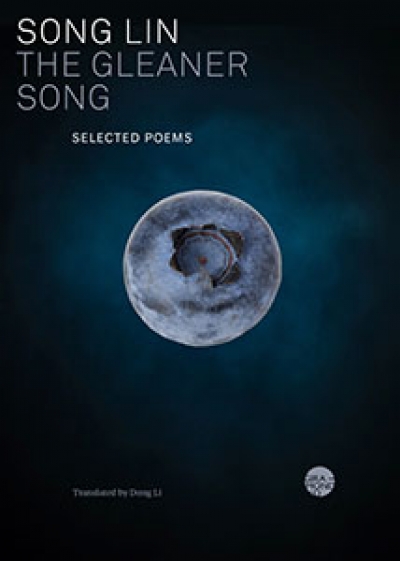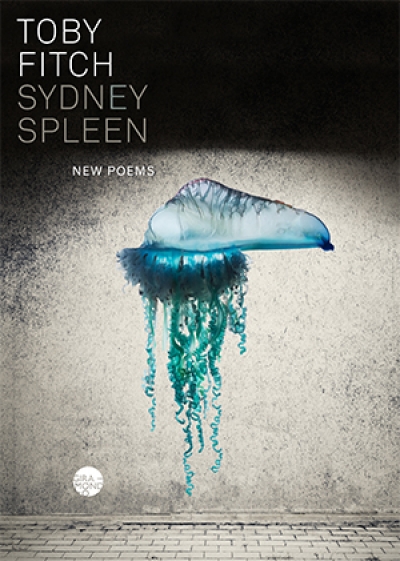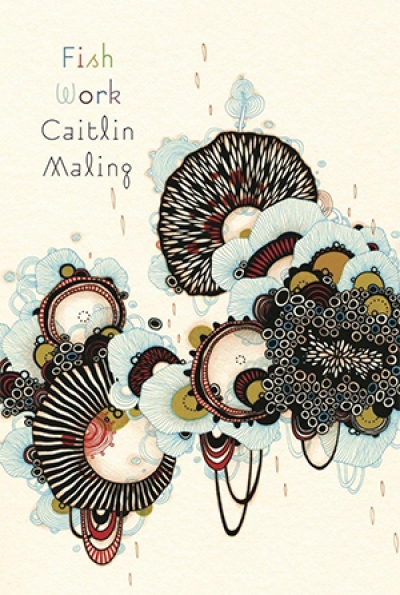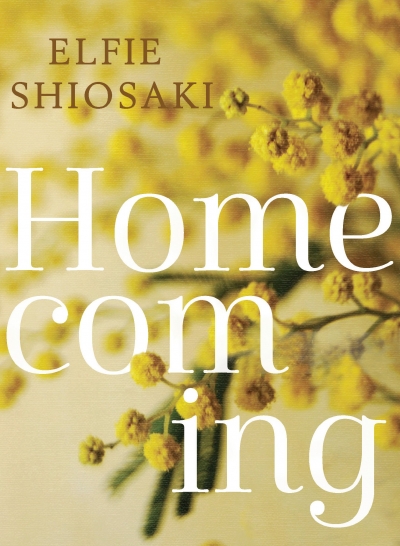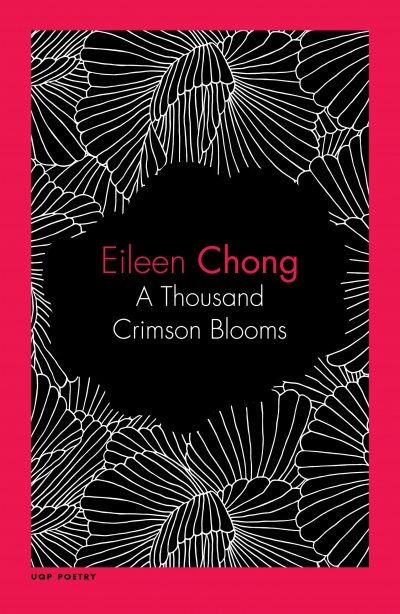Australian Poetry
Sign up to Book of the Week and receive a new review to your inbox every Monday. Always free to read.
Recent:
The Gleaner Song by by Song Lin, translated by Dong Li & Vociferate | 詠 by Emily Sun
Fish Work by Caitlin Maling & Earth Dwellers by Kristen Lang
Maria Takolander’s fourth book of poetry, Trigger Warning (University of Queensland Press, $24.99 pb, 100 pp), is a sharp and arresting collection, fierce in its emotions and determination to make language do the hard work of speaking that which hovers at the edge of articulation. This is a poetics that traces everywhere the lurking presence of the disruptive – in domestic life, in global crises, even in our most intimate experiences. Takolander’s courageous poetry becomes both a landscape in which to inscribe what is unbearable and a sphere in which it might be, at least partially, managed.
... (read more)As the world realigns itself in the wake of a global pandemic, ABR turns its thoughts to the various forms – individual and institutional, material and more intangible – that recovery may take. In 'Poetry in times of recovery', we asked a number of Australian poets to share the works that best capture how recovery can look, sound, and feel. Today’s episode builds on the popularity of our ‘Poetry in troubled times’ episodes, released in 2020.
... (read more)A Thousand Crimson Blooms by Eileen Chong & Turbulence by Thuy On
Few books blur the line between beauty and ugliness more than Thomas Mann’s Death in Venice (1912). The novella follows the ageing writer Aschenbach, whose absurd over-refinement – born in part of repressed homosexuality – is dismantled by Tadzio, a beautiful boy he encounters on holiday in Venice. His obsession with Tadzio represents the displacement of mortality (Aschenbach will soon succumb to cholera) through a wilful surrender to decadence and decay.
... (read more)Toby Davidson’s first collection, Beast Language, was published nine years ago. That feels surprising: its freshness then makes it feel more recent now. Much of the movement in that book is present in his new collection, Four Oceans (Puncher & Wattmann, $25 pb, 93 pp), literally so, as we begin with a long sequence aboard the Indian Pacific from Perth to Sydney. It’s his younger self again, leaving home for the ‘eastern states’, but with an esprit de l’escalier twist, as that younger self gets to see and describe everything with the eye and language of the older, freer, more assured Davidson.
... (read more)These three new poetry collections are works by established poets at the top of their game in terms of poetic craft and the honing of insights into both life and art. These are voices developed across a significant number of previous collections, allowing for an emergence of innovation, confidence, and ease of style and mood.
... (read more)

